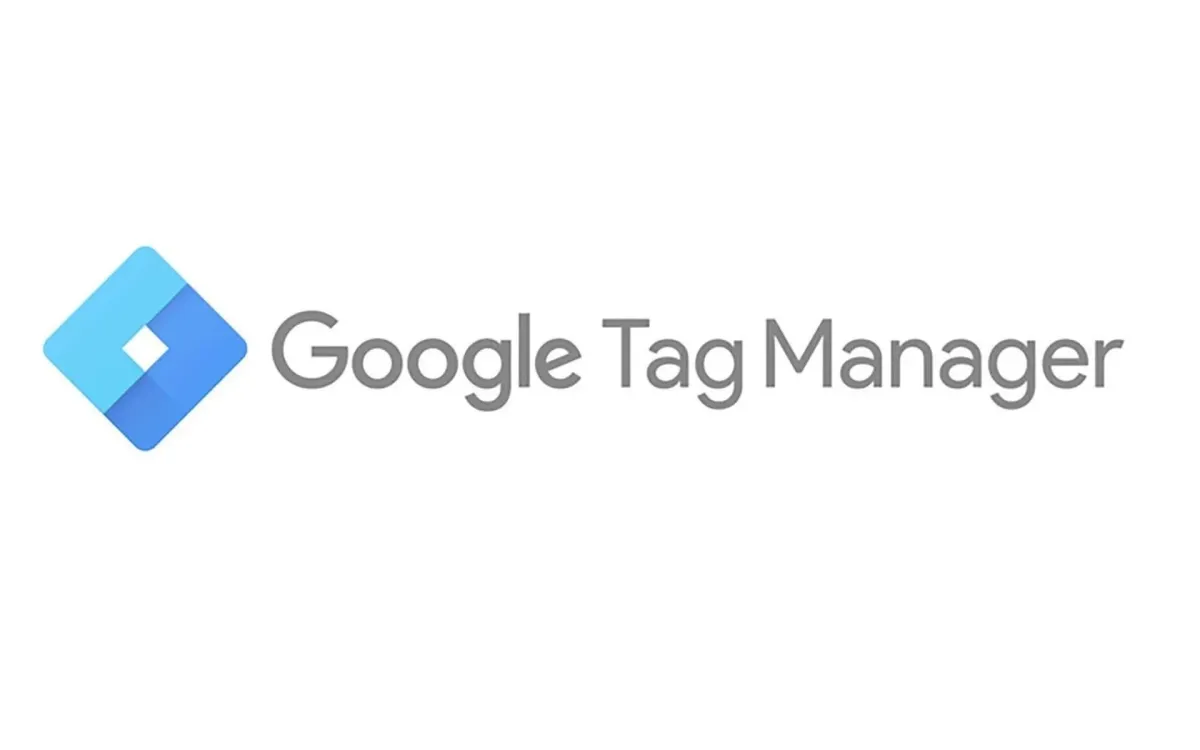
Google today announced an update to its Google Tag Manager (GTM) platform, introducing a new 'Set consent mode override' setting. This feature, designed to enhance user privacy controls and streamline consent management, allows website and app owners to override default consent settings directly within the Google tag settings interface.
According to the release notes, this new functionality addresses the growing need for more granular control over user consent in digital analytics and marketing. The 'Set consent mode override' setting enables administrators to set the default consent state to 'denied' for all chosen regions, providing a more privacy-centric approach to data collection.
The introduction of this feature comes at a time when data privacy regulations are becoming increasingly stringent worldwide. With laws such as the General Data Protection Regulation (GDPR) in Europe and the California Consumer Privacy Act (CCPA) in the United States, businesses are under pressure to ensure proper consent management for user data collection and processing.
Google Tag Manager, a widely used tag management system, allows marketers and website owners to update tags and code snippets on their websites or mobile apps. This latest update aims to simplify the implementation of consent mode, particularly when working with consent management platforms or when facing challenges in sequencing the default command within the website or app code.
The 'Set consent mode override' setting offers several key advantages:
- Simplified Implementation: Website and app owners can now easily set a default 'denied' state for consent without modifying their existing code base.
- Regional Customization: The feature allows for region-specific consent settings, enabling businesses to tailor their approach based on varying privacy laws across different jurisdictions.
- Improved Integration: The new setting facilitates better integration with consent management platforms, potentially reducing implementation errors and inconsistencies.
- Enhanced User Privacy: By defaulting to a 'denied' state, the feature promotes a more privacy-first approach to data collection, aligning with evolving user expectations and regulatory requirements.
- Flexibility in Consent Management: Administrators gain more control over how consent is managed, particularly in scenarios where sequencing the default command in code proves challenging.
The technical implementation of this feature involves accessing the Google tag settings within the Google Tag Manager interface. Administrators can navigate to the newly added 'Set consent mode override' section, where they can enable the override and specify the regions to which it should apply.
This update to Google Tag Manager reflects the ongoing evolution of digital marketing and analytics tools in response to changing privacy landscapes. As businesses strive to balance effective data collection with user privacy rights, features like the 'Set consent mode override' become increasingly valuable.
The introduction of this setting also highlights the growing importance of consent mode in digital marketing strategies. Consent mode, a protocol that allows websites to adjust how Google tags behave based on user consent status, has become a crucial tool for businesses operating in regions with strict privacy regulations.
By providing a more accessible way to implement and manage consent settings, Google is addressing a key pain point for many digital marketers and developers. The feature potentially reduces the technical barrier to implementing robust consent management systems, which could lead to improved compliance with privacy regulations across the board.
However, it's important to note that while this feature simplifies consent management, it does not absolve businesses of their responsibility to ensure compliance with applicable privacy laws. Website and app owners should still consult with legal professionals to ensure their consent management practices align with relevant regulations.
As the digital ecosystem continues to evolve, updates like this to Google Tag Manager serve as a reminder of the dynamic nature of online privacy and the need for businesses to stay informed and adaptable.
Key facts
Google Tag Manager introduced a new 'Set consent mode override' setting on August 28, 2024.
The feature allows setting default consent to 'denied' for chosen regions.
It aims to simplify consent mode implementation and integration with consent management platforms.
The update addresses challenges in sequencing default commands in website or app code.
This feature enhances user privacy controls and helps businesses comply with data protection regulations.
The setting is accessible through the Google tag settings interface in Google Tag Manager.
It reflects the ongoing evolution of digital marketing tools in response to changing privacy requirements.

